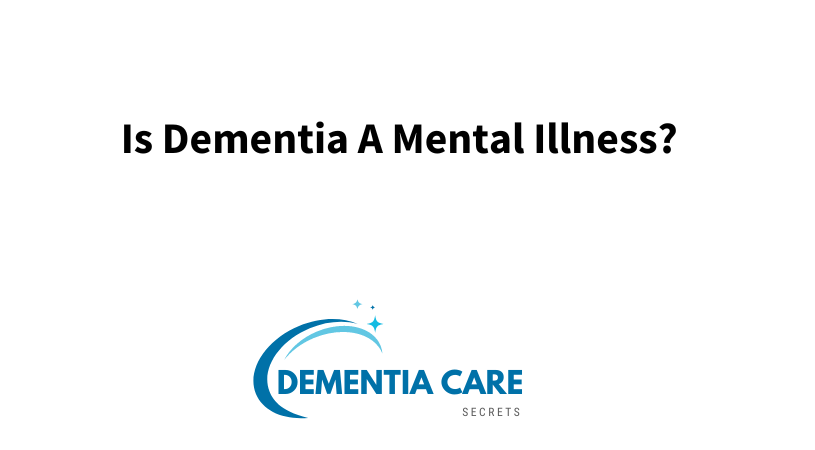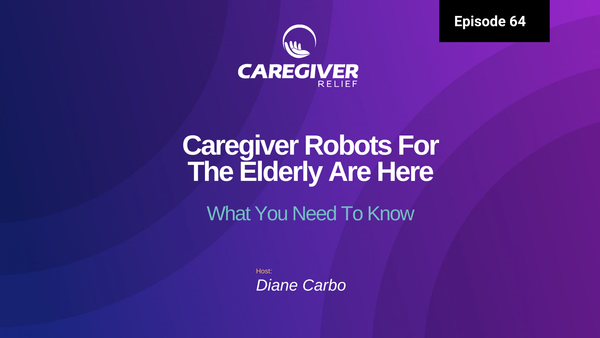Is Dementia A Mental Illness?

The episode discusses the topic of dementia, a mental illness that has been a subject of debate among healthcare professionals. Despite efforts to educate the public about dementia and mental health over the last decade, there remains a significant level of misunderstanding.
Dementia shares some signs and symptoms with various mental health conditions, causing confusion. The American Psychiatric Association updated the Diagnostic and Statistical Manual of Mental Disorders (DSM-5) in 2013, ultimately characterizing dementia as a neurocognitive disorder, distinct from psychiatric illnesses. This new classification reflects a decrease in mental abilities due to medical diseases.
Within the DSM-5, neurocognitive disorders are categorized into three subcategories: delirium, mild neurocognitive disorder, and major neurocognitive disorder. Delirium involves sudden confusion, often temporary and reversible, which may occur with physical or mental illness. Mild neurocognitive disorder implies decreased mental function but allows independence in daily tasks, while major neurocognitive disorder leads to the loss of daily functioning abilities.
Dementia and mental illnesses, although sometimes similar in symptoms, are distinct conditions. Dementia is characterized by progressive memory loss, language difficulties, and impaired judgment, while mental illnesses like anxiety, bipolar disorder, and schizophrenia may mimic early dementia stages. Accurate diagnosis, preferably through a comprehensive evaluation, is crucial for appropriate treatment, particularly since some forms of dementia are reversible, including those resulting from vitamin deficiencies or brain tumors. Consulting with healthcare professionals, including neurologists or neuropsychologists, can help in obtaining accurate diagnoses and timely intervention.




